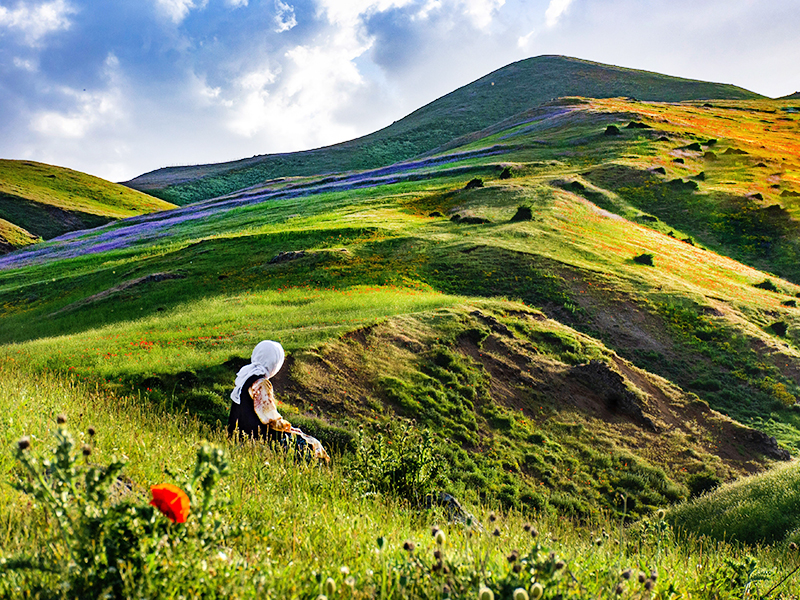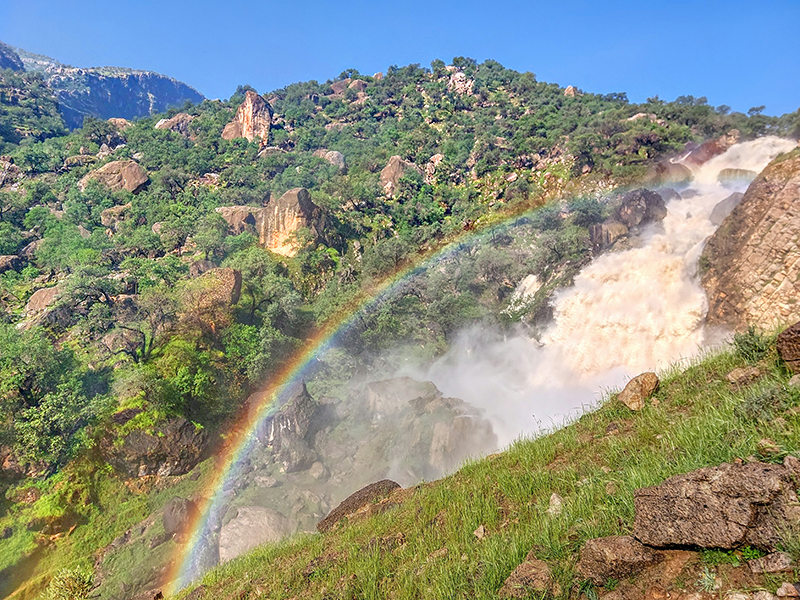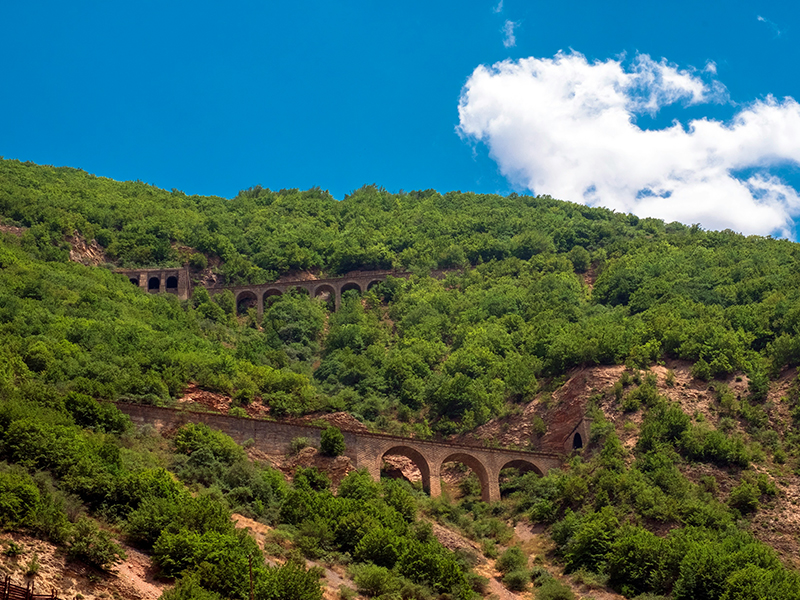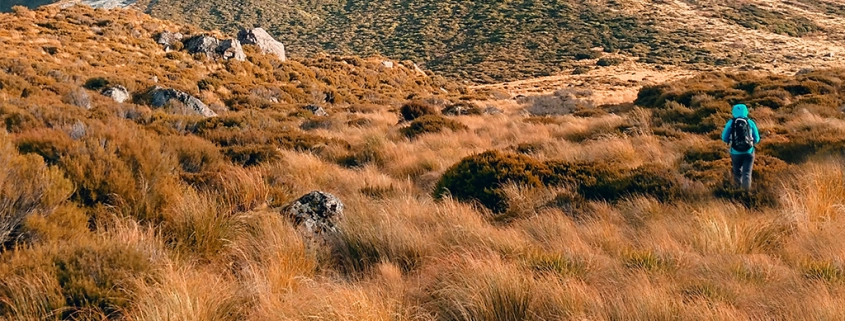Everything About Ecotourism
Ecotourism’s meaning can be described as a responsible way of traveling that allows individuals to explore natural environments. Ecotourism actively contributes to the preservation and conservation of natural resources. Ecotourism’s definition comes from “Ecology” and “Tourism,” and the term “Ecotourism” means the commitment to environmental appreciation.
Ecotourism’s definition places a significant emphasis on safeguarding natural resources and promoting biodiversity. Principles of ecotourism support local communities and resources. Let’s learn more about Ecotourism and the Ecotourism Effect.
What Is Ecotourism?
Ecotourism means traveling to enjoy nature without harming it. People who go on ecotours care about protecting places, plants, animals, and the air. They learn how not to waste things and use less energy. Ecotourism destinations aim to keep the land and everything living on it safe. This includes doing things like paying attention to trash rules, using less power, and driving in ways that don’t hurt nature.
Ecotourism is also about learning new things. People who go on ecotours find out more about where they visit. They discover the area, local people, and how to keep it all well. Ecotourists enjoy themselves, nature, and the environment around them and learn many things at the same time.
Ecotourism Meaning
Ecotourism is not simply observing and appreciating nature. It has the necessary component of actively minimizing negative impacts upon the environment, preservation and aid to local communities, and certainly, education of those who travel to these special destinations all play a crucial role.
Ecotourism destinations will be sought then as one with unique ecosystems, a location among the world’s biodiversity hotspots, or perhaps a place of historical or cultural significance. So, Ecotourism’s meaning and Ecotourism’s examples can vary while unifying a key point: Conservation of natural resources.
Ecotourism and Cultural Contact
Ecotourism and cultural interaction may be seen as connected because they all emphasize meeting and preserving the traditional culture of local people. When visitors interact with local people, learning what they do and how they live, it’s called “cultural contact.”
Ecotourism, at its best, is a powerful means of promoting intercultural dialogue. Through ecotourism, local communities usually are involved in the development, planning, and management of tourist businesses. “Respect the customs and cultural values of the places you visit,” Kettler said.

Cultural interaction in ecotourism should be carried out ethically and responsibly. When interacting with different cultures, travelers should be open-minded, modest, and thirsty for knowledge.
Ecotourism Hotel
An eco-lodge or eco-resort, which is also called an ecotourism hotel, is an establishment offering accommodations that use eco-friendly techniques incorporated into building design, operations, or services. It is designed to minimize its environmental impact while promoting preservation, all to provide visitors with a unique immersion experience.
They are often created using environmentally friendly materials and building practices to reduce resource use and impact on the environment. Often ecotourism hotels are built to blend with their natural surroundings. Or you might say that they could be located inside virgin nature areas or near preserved ones.
Ecotourism Benefits
Ecotourism offers a transformative approach to travel, intertwining adventure with conservation. Unlike traditional tourism, it immerses travelers in the natural world with a mission to protect it. By choosing eco-friendly destinations and activities, visitors directly contribute to the preservation of fragile ecosystems and endangered species.
This type of travel not only reduces environmental footprints but also funds local conservation projects, creating a virtuous cycle where nature and tourism uplift one another. The ripple effect extends beyond the environment; ecotourism often supports community-based efforts that empower locals to be guardians of their natural heritage.
Beyond its environmental impact, ecotourism acts as a cultural bridge, connecting travelers with indigenous knowledge, local traditions, and sustainable lifestyles. In many regions, it revitalizes rural economies by generating income through locally owned lodges, guided nature walks, and artisanal markets.
This economic shift encourages communities to value preservation over-exploitation, fostering pride and stewardship for their land. For the eco-conscious traveler, it offers more than just a vacation; it’s a chance to be part of a global movement that cherishes authenticity, sustainability, and the profound beauty of the natural world.
Ecotourism Effect
Ecotourism can significantly help maintain biodiversity by boosting the financial worth of species and habitats. This economic importance can help deter unlawful wildlife trading, poaching, and habitat destruction since local communities and authorities recognize the necessity of preserving biodiversity for tourists’ enjoyment.
Ecotourism promotes environmental education and heightened awareness among tourists. Ecotourism travelers can gain knowledge about pressing ecological issues, conservation struggles, and sustainable practices to protect the natural world.

It is imperative to emphasize that while ecotourism can offer benefits, it must also be properly governed to minimize possible unfavorable impacts like over-tourism, ecological degradation due to excessive tourism, and cultural exploitation and commodification.
Ecotourism and Protected Areas
Ecotourism and protected areas are deeply intertwined, as safeguarded territories often function as premier destinations for low-impact travel.
Legally defined zones of earth and sea are meticulously governed and preserved to shield the diversity of life, environmental systems, and cultural patrimony.
Protected territories are instituted with the principal purpose of conserving and shielding indigenous and historic treasures. Ecotourism in these areas advocates ecologically respectful practices and accountable visitation.
Safeguarded territories can serve as living research centers where scientific inspection and observation transpire. Ecotourist activities can help citizen scientific initiatives by gathering data.
What Is the Meaning of Eco-travel?
The meaning of eco-travel is referred to as a type of tourist visit that highlights the importance of preserving nature for ourselves and the next generations.
Eco-travel is dedicated to reducing the negative effects of tourism while increasing the positives for the environment, local communities, and visitors.
People who participate in eco-tourism help the environment. Eco-travel promotes outdoor pleasure, adventure, and responsibility. It entails adhering to the principles of watching nature and avoiding actions that disrupt nesting sites or home ranges.
It prevents biodiversity loss. Eco-travel supports social and economic sustainability while offering an amazing experience.
What Is an Example of Ecotourism?
Iceland is a great example of an ecotourism destination that attracts many visitors from around the world for its unseen beauty and amazing landscapes.

Iceland features scenic views and great destinations for visitors who enjoy the natural beauties of the world. This country also incorporates ecotourism principles.
Ecotourism Destinations
The world has many Ecotourism destinations, places where visitors can see natural scenery and wild animals. In the world of Ecotourism, Costa Rica is frequently pointed to as a great leader. It has a host of fauna, from rainforests and cloud forests vast with plants.
Iceland is a well-known Ecotourism destination that features stunning landscapes. The fountains are hot, and we know of geysers as well as cold waterfalls. Besides, there are glaciers and volcanic landscapes. In terms of activities, trekking, glacier walks, and eco-friendly hot springs are all available here. The Amazon Rainforest is Earth’s biggest tropical rainforest, home to an incredible variety of plants and animals.
Amazon Ecotourism gives a chance to visit the wild. These are only a few famous Ecotourism destinations that are known globally. When visiting Ecotourism destinations, it is very important to follow the norms and rules of the environment to preserve the nature around us.
Principles of Ecotourism
Ecotourism’s core concepts include conservation, sustainability, education, and community involvement. Ecotourism is founded on the notion of protecting and preserving natural resources such as ecosystems, wildlife, and habitats.
Furthermore, another ecotourism objective is to operate sustainably, both environmentally and socioeconomically, which includes implementing resource conservation and waste reduction techniques.
Ecotourism also promotes environmental knowledge, conservation ethics, and the preservation of local traditions and customs. Ecotourism seeks to engage and empower local people in the planning, development, and administration of tourism operations.
Final Words
Finally, Ecotourism has emerged as an essential agent of influence in the evolution of sustainable travel and efforts to protect nature. Its effects are wide, diverse, and interrelated. Ecotourism provides a great opportunity for conservation by allowing tourists to enjoy unique natural habitats while respecting local customs and traditions.
Furthermore, Ecotourism can also facilitate mutual respect between different cultures through exchange programs. Ecotourism’s effects create economic growth through tourism revenues. Considering Ecotourism or planning ecotourism events also helps to build an identity for any country and preserve the natural resources of a local community.
Are you planning to travel to Iran and looking for an Iran resort? Consider Matinabad Eco-resort.





Leave a Reply
Want to join the discussion?Feel free to contribute!